Get MYLO APP
Install Mylo app Now and unlock new features
💰 Extra 20% OFF on 1st purchase
🥗 Get Diet Chart for your little one
📈 Track your baby’s growth
👩⚕️ Get daily tips

OR


Article Continues below advertisement
- Home

- Conception

- After Sex How Many Days to Get Pregnant: Your Timeline to Conception
In this Article
- Conception Timeline
- 15 to 45 minutes After Sex: The Sperm Travels
- 45 minutes to 5 days After Sex: Fertilization
- 6 days to 10 days After Sex: Implantation
- 2 weeks to 4 weeks After Sex: Early Pregnancy Symptoms
- After Sex How Many Days to Get Pregnant?
- When to Take Pregnancy Test After Sex?
- Essential Things to Keep in Mind While Getting Pregnant
- 1. Taking account of your eggs
- 2. Age factor
- 3. Body weight
- 4. Tracking ovulation
- 5. Egg freezing
- Key Takeaways
- References
Conception
After Sex How Many Days to Get Pregnant: Your Timeline to Conception
Updated on 24 April 2024



Medically Reviewed by
Dr. Shruti Tanwar
C-section & gynae problems - MBBS| MS (OBS & Gynae)
View Profile

As soon as a couple decides to grow their family and begin their conception journey, their mind is overwhelmed with numerous questions. After sex how many days to get pregnant, what’s the science behind conception and what are the early symptoms of pregnancy are some questions that may come to the mind.
In this article, we will understand how many days does it take to get pregnant, a day-by-day conception timeline, how soon can you take a pregnancy test to help you in your journey to see those two lines on the pregnancy test.
Conception Timeline
So, now, let us find out how many days it takes to get pregnant after engaging in sexual intercourse:
Article continues below advertisment
15 to 45 minutes After Sex: The Sperm Travels
The most important thing to get pregnant is for the sperm to travel to the egg, which is in the fallopian tube. For this, it’s essential for a couple to have sex for about 5 days until ovulation because it is during ovulation that the female body releases an egg.
Millions of sperm released during sex travel to the egg but only about 200 sperm actually reach the egg. The journey of sperm reaching the egg is usually completed within 15-45 minutes after sex.
45 minutes to 5 days After Sex: Fertilization
Once the sperm reaches the fallopian tube, it waits for the egg for the next 5 days. When the egg is released during ovulation and the sperm enters the egg wall, this process is called fertilisation.
When the sperm meets the egg, it is fertilised and this fertilised egg eventually becomes a zygote, which becomes an embryo. This process of fertilisation can take between 45 minutes to 5 days after sex.
6 days to 10 days After Sex: Implantation
After the sperm has fertilised the egg, the egg begins to divide rapidly and becomes a cluster of cells. This cluster of cells eventually becomes the embryo. As this cluster grows, it begins to travel from the fallopian tubes to the uterus, where implantation occurs.
Article continues below advertisment
When a fertilised egg attaches itself to the uterus lining, it is called implantation. This process takes about 6-10 days after sex.
2 weeks to 4 weeks After Sex: Early Pregnancy Symptoms
As soon as the embryo implants itself in the uterus, the female body begins to produce hormones which result in early pregnancy symptoms. Some common early pregnancy symptoms include implantation bleeding, breast tenderness, morning sickness, frequent urination, mood swings and missed period.
After Sex How Many Days to Get Pregnant?
Conception can occur within three minutes of sex or up to five days later, but it may take up to a year or more for couples under 35 to conceive. The fertile window is crucial for conception, and an egg can only be fertilized within 12-24 hours after ovulation.
However, because healthy sperm can live for several days inside the reproductive tract, it's possible to conceive having sex up to five days before ovulation and even within 30 minutes after ejaculation.
When to Take Pregnancy Test After Sex?
Now that you know how many days it takes to get pregnant, it’s also important to know when to check for pregnancy. If you’re experiencing any of these symptoms, then you must try a pregnancy test kit to find out whether you’re pregnant or not. But it’s important to know the right time to take a pregnancy test.
Article continues below advertisment
You should wait at least ten days from unprotected sex to take a home pregnancy test. This is because implantation occurs after 10 days of having intercourse. Waiting until after you miss your period can provide more accurate results as taking a test too early can lead to false negatives.
Essential Things to Keep in Mind While Getting Pregnant
Now that you know how many days does it take to get pregnant, it’s also important to know certain factors that can affect your chances of conception.
1. Taking account of your eggs
A woman is born with 1-2 million eggs. By reaching puberty, she has around 300-5 lakh eggs left, and the number continues to decline gradually. By the age of 37, a woman is down to roughly 25 thousand eggs and only a thousand eggs by the age of 51, when most women reach menopause.
2. Age factor
A woman’s fertility begins to decline with age and so do her chances of pregnancy. Women in their twenties have a higher chance of getting pregnant than women in their thirties and forties. The chances of getting pregnant decrease as a woman ages due to a decline in the number and quality of eggs.
3. Body weight
Body weight above healthy BMI (Body Mass Index) can decrease your odds of becoming pregnant. So, it is necessary to closely check your food intake, diet, and exercise to maintain a healthy BMI. A healthy BMI can help clear some of the common roadblocks to pregnancy.
Article continues below advertisment
4. Tracking ovulation
Instead of just plain guessing, it is advisable to start tracking ovulation to find your most fertile window and increase your chances of conception. Recording your basal body temperature and tracking your menstrual cycle can also help identify the best days for getting pregnant.
5. Egg freezing
Nowadays, women commonly delay having kids until their late 20s, 30s, or early 40s. Instead of letting the biological clock tick by, women can opt for egg freezing or embryo freezing. This can help preserve a woman’s eggs and help her get pregnant when she’s ready.
Key Takeaways
In answer to the question after sex how many days to get pregnant, the timeline to conception after sex is not an exact science. When it comes to ascertaining how many days does it take to conceive, it can take place as soon as three minutes after sex or up to five days. Couples under 35 years old may take an average of a year or more to conceive. However, mistiming sexual intercourse is a common cause of delay in getting pregnant. By understanding the basics of the process, couples can take steps to increase their chances of getting pregnant.
Article continues below advertisment
References
1. Taylor A. (2003). ABC of subfertility: extent of the problem. NCBI
2. Sozou PD, Hartshorne GM. (2012). Time to pregnancy: a computational method for using the duration of non-conception for predicting conception. NCBI
3. C. Gnoth, D. Godehardt, E. Godehardt, P. Frank‐Herrmann, G. Freundl. (2003). Time to pregnancy: results of the German prospective study and impact on the management of infertility.





Medically Reviewed by
Dr. Shruti Tanwar
C-section & gynae problems - MBBS| MS (OBS & Gynae)
View Profile


Written by
Priyanka Verma
Priyanka is an experienced editor & content writer with great attention to detail. Mother to an 11-year-old, she's a ski
Read MoreGet baby's diet chart, and growth tips

Related Articles
RECENTLY PUBLISHED ARTICLES
our most recent articles
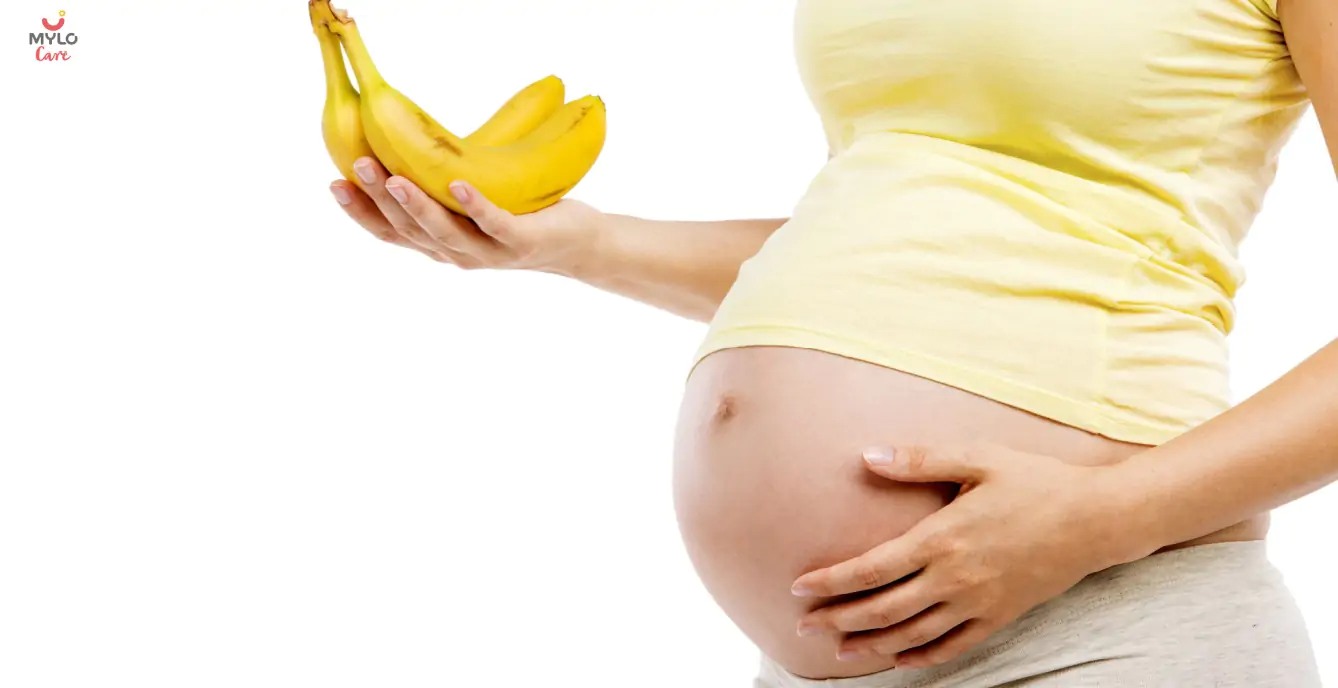
Nutrition Tips
Banana in Pregnancy: When to Eat and When & Why to Avoid
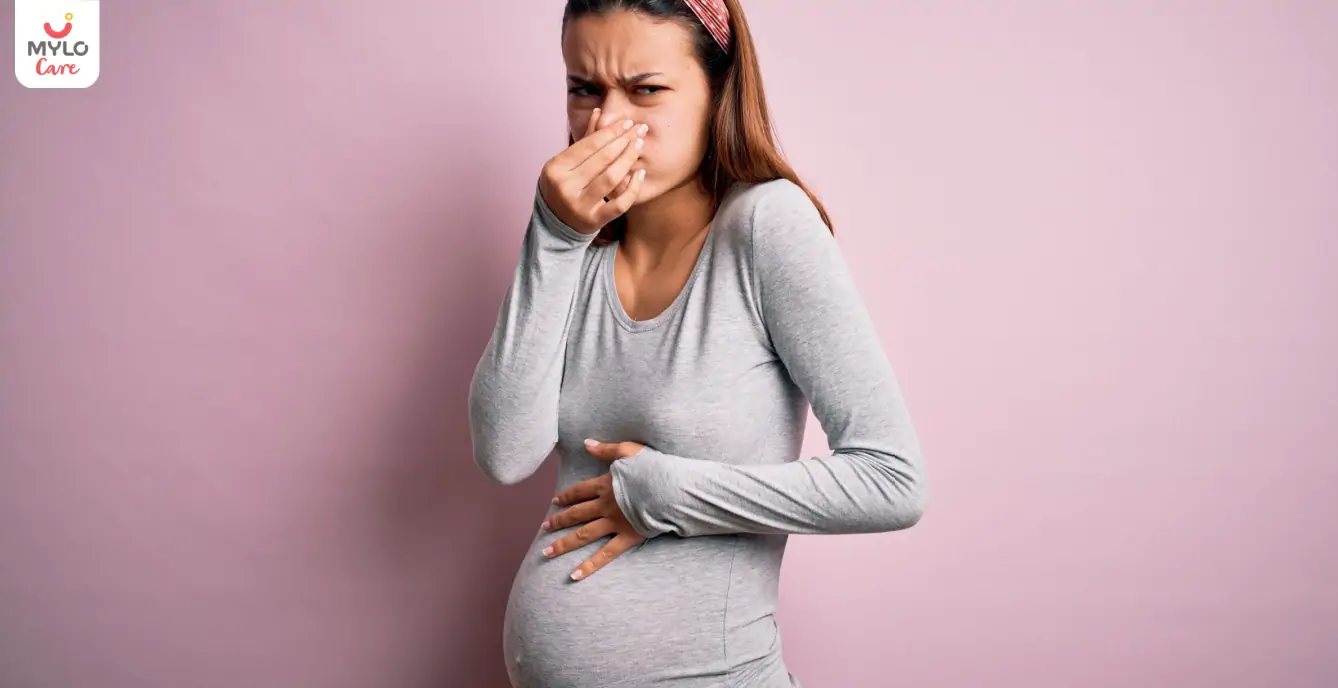
Farting and Smelly Gas During Pregnancy: Is It Normal?
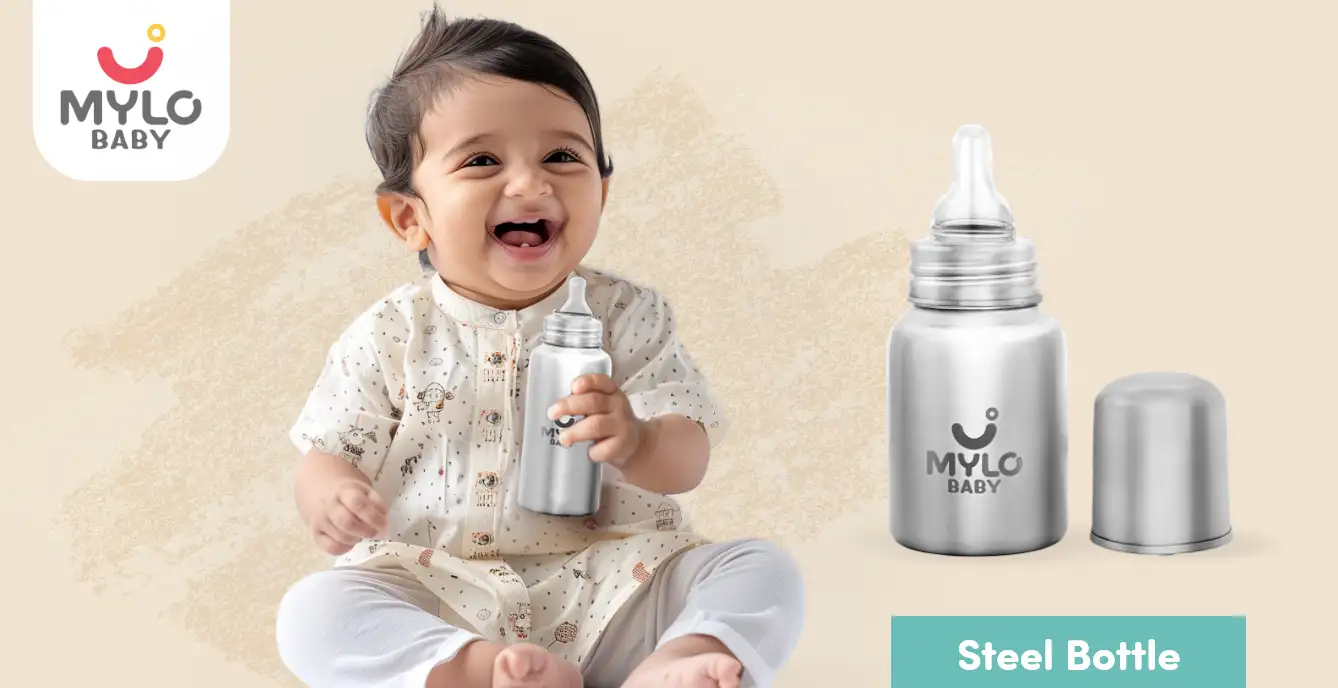
Feeding from a Bottle
Why Steel Feeding Bottles Are the Ultimate Choice for Parents?

Gas & Bloating
Postpartum Gas: Causes And Remedies
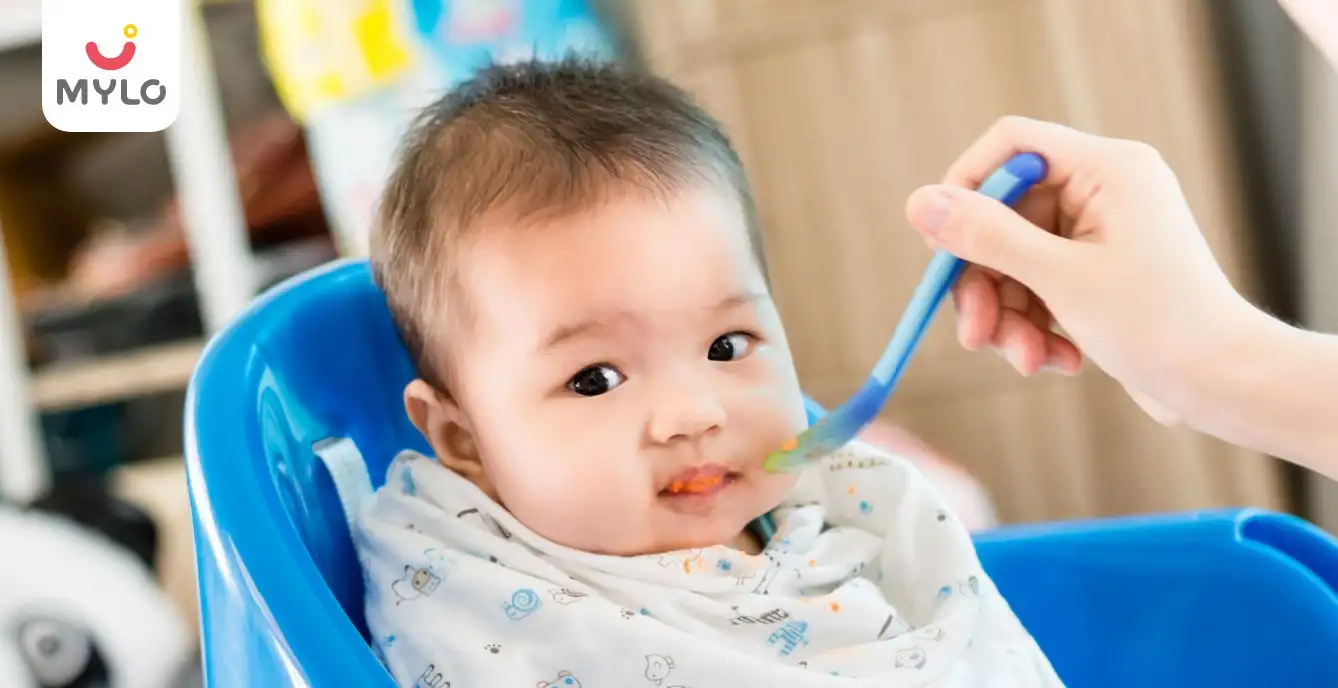
Baby Weaning
Baby Diet Chart From Birth to 1 Year
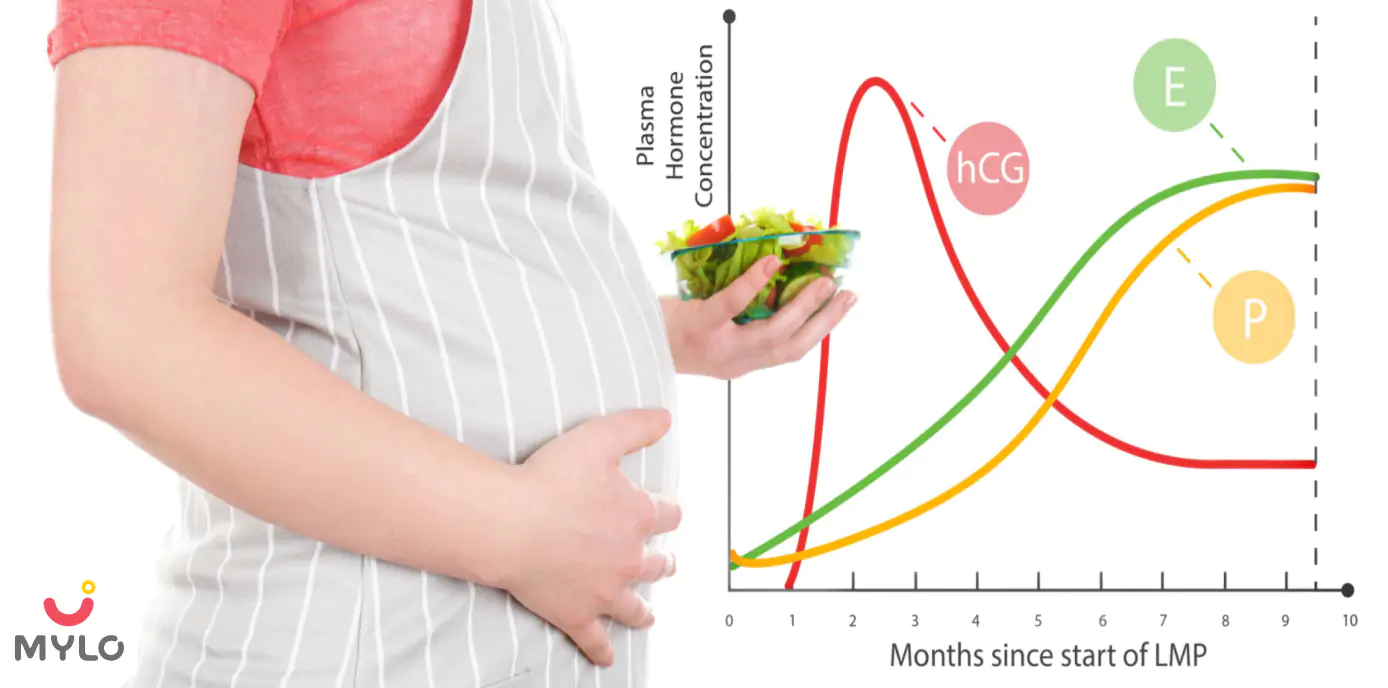
A Guide on How to Increase hCG Levels in Early Pregnancy
- Late Heartbeat in Pregnancy: What Could Be the Possible Reasons?
- What Is Postpartum Bleeding or Lochia?
- IUI Babies vs Normal Babies: Are They Any Different?
- Is it Safe to Eat Pani Puri During Pregnancy?
- High WBC in Pregnancy (Leukocytes): Symptoms, Causes & Treatment
- Yellow Discharge Before Period: Is It Normal or a Cause for Concern?
- Top 10 food items and beverages that one must completely avoid during pregnancy.
- Things Not to Do After Cervical Cerclage for a Healthy Pregnancy
- When to Stop Bending During Pregnancy?
- Pain in Anus During Pregnancy: Your Guide to Causes and Cures
- White Spots on Nipple: Normal or Cause for Concern?
- Blessed with Baby Boy: 50+ Ways to Announce Your Baby's Birth
- Brown Discharge During Early Pregnancy: Understanding the Causes & Next Steps
- When Can I Start Bending After C-Section: Expert Insights on C-Section Recovery


AWARDS AND RECOGNITION
Mylo wins Forbes D2C Disruptor award
Mylo wins The Economic Times Promising Brands 2022
AS SEEN IN
















At Mylo, we help young parents raise happy and healthy families with our innovative new-age solutions:
- Mylo Care: Effective and science-backed personal care and wellness solutions for a joyful you.
- Mylo Baby: Science-backed, gentle and effective personal care & hygiene range for your little one.
- Mylo Community: Trusted and empathetic community of 10mn+ parents and experts.
Product Categories
baby carrier | baby soap | baby wipes | stretch marks cream | baby cream | baby shampoo | baby massage oil | baby hair oil | stretch marks oil | baby body wash | baby powder | baby lotion | diaper rash cream | newborn diapers | teether | baby kajal | baby diapers | cloth diapers |








